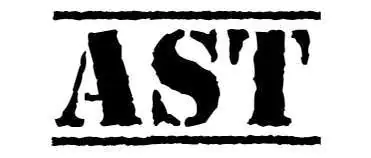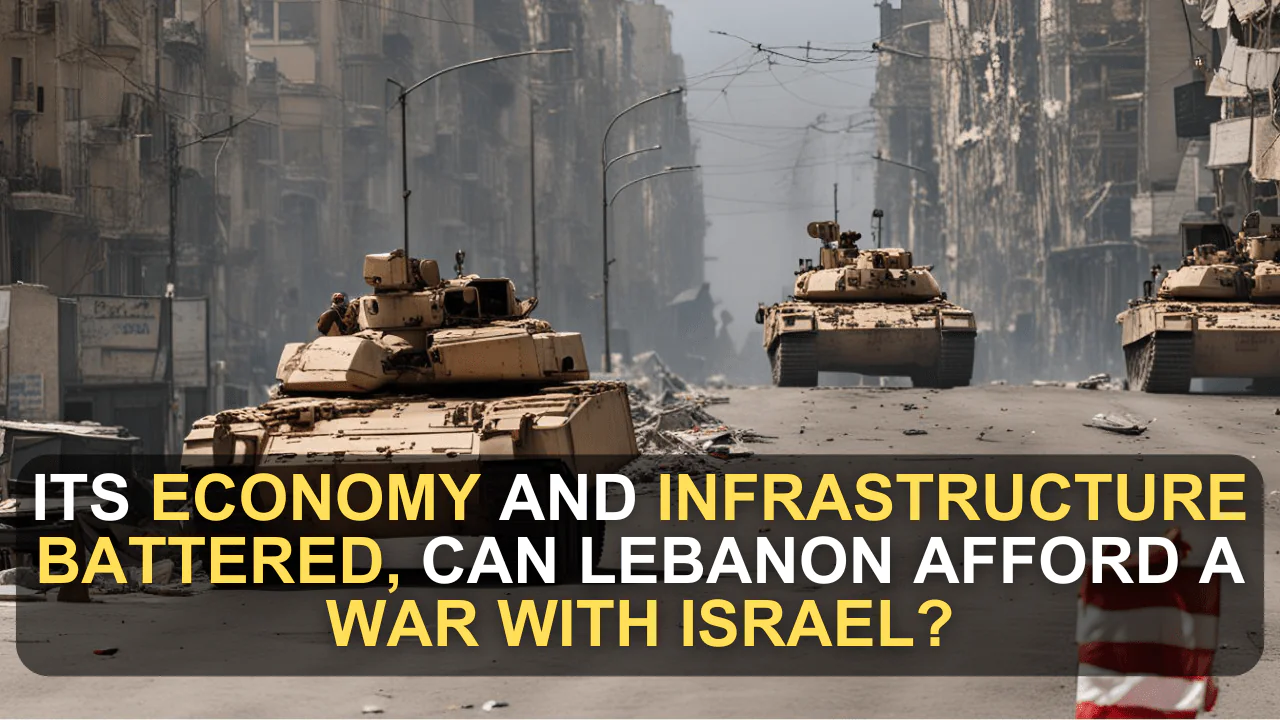How Lebanon could manage a conflict with Israel in the midst of a collapsing economy and infrastructure?
The indictment of Hezbollah and the escalation of hostility of the Israeli military in Lebanon increase speculations over the likelihood of another war which questions the ability of Lebanon to endure another conflict.
Lebanon’s current state is much worse than in the time of the 2006 fight with Israel which was a standoff. The country is facing a very serious economic challenges and political instability and bad infrastructure. The question that arises now is whether Lebanon can endure the terrible consequences of a new war that will most likely be more destructive and of greater duration compared to the previous wars.
Lebanon’s Fragile State: Comparing the Sample with the Year 2006
Given that the conflict between Israel and Hamas started on October 7, relations between Hezbollah and Israel have worsened mainly in bordering villages. But the possibility of an expansion of the war has forced Lebanon to act in an emergency. Even medical supplies are being bought and readied for use as the hospitals are being supplied with essentials as well as schools are being made ready to be converted into shelters.
An airstrike in the south of Beirut by Israeli forces earlier in the month, in which a Hezbollah key commander was killed, has left people far more worried about a larger war. For this purpose, the government of Lebanon along with the help of humanitarian organizations has provided a response plan. This plan includes two possible scenarios: a minor conflict similar to war of 2006 displacing 250,000; moderate displacement where the conflict becomes uncontrolled displacing over 1 million people.
The United Nations has estimated that for maintaining a limited escalation costs $ 50 million monthly while full-scale war costs $ 100 million. However, it has become very difficult to find resources to support and accommodate the 100,000 currently displaced and 60,000 more living in areas of conflict and the cost stands at $24 million monthly.
Lebanon’s Financial Desperation
Lebanon suffers from the worst economic crisis in the past decades due to corruption and political stagnation. Banking has very limited operations, electricity is scarce and public services exist on international donor support. The country once economically stable has seen this best subject reduced to mere recipients of food and financial support.
These events included the Covid-19 pandemic and the Beirut port explosion in the year 2020 which worsened the situation. IMF bailout has not been granted for the government has failed to carry out the proverbial fix that goes with the aid. Well, tourism is one of the worst affected industries in this global crisis, Adding to this is Lebanon’s never-ending border conflict and therefore there is no ray of hope for its economy.
To that demand, Lebanon is currently sheltering over one million displaced Syrians. The health system is already stretched to its capacity, much less when state authorities say the health sector is incapable of handling a new war.
In April 2019, Lebanese Environment Minister, Nasser Yassin said that the country secured only half of the amount needed to cater for humanitarian crises resulting from conflicts.
Besides, proceedings to modern warfare and the strategic management of troops, supplies, and weapons can also be problematic in the event of war.
In the 2006 war heavy bombing of Lebanese infrastructure was done and civilian casualties were also high but later supplies were brought. Today, however, the situation is a lot worse. Beirut’s only airport that is under attack most of the time is not functional and the Beirut port has not fully recovered from the explosion in 2020.
The U.N. report from 2006 pointed out the fact that while Lebanese citizens died from bombs and shells they did not starve or die of diseases due to the arrival of aid organizations. Nevertheless, it remains unclear whether the kind of relief might be obtained in the present circumstances. Beirut port is not fully functional to date and may be overwhelmed to supply a greater amount of aid should a large-scale conflict occur.
‘From the information I got Lebanon has food and fuel for the next 2-3 months and a desperate situation may arise after that,’ echoed Laila Al Amine, head of Mercy Corps in Beirut. This could result in a situation where the country is unable to receive most of the essential commodities due to the non-availability of functional transportation networks.
Hezbollah’s Strength: It has a positive side in that its gains are normally capitalized and supplemented by additional increases in the price of common stock, and it has a negative side in that such gains are generally retained and are followed by further boosts in the price of common stock.
90Rocket capability in 2006 The Hezbollah had estimated rockets and missiles at about 15,000. Today this is estimated to have grown up to nearly a tenth of the size and is equipped with better and more sophisticated equipment, new precision missiles, and unmanned aerial vehicles. This is a dangerous shift for Israel threatens it while also making Lebanon much more vulnerable in any future war, which would be far more intense.
This is especially so given the fact that Hezbollah today wields an elaborate weapons stockpile and better equipment, which makes the chances of a new conflict highly dicey. The group has also strengthened its relations with other factions in Iraq that also sit under Iran, which might expand the scale of a future conflict.
Lebanese politicians and international diplomats are waiting for it as they believe a cease-fire in Gaza will help reduce the tensions in the south. Hezbollah has also said it would stop its border attacks in the event of a ceasefire.
Conclusion: Hezbollah’s gamble of entering the Syrian conflict could make it hard for Lebanon to survive another war.
Lebanon has failed to restore most of its infrastructures destroyed by the last war, its economy is in a shambolic state and politics stands still meaning Lebanon cannot stand a chance against Israel in any new war. Hezbollah possesses even more military power in 2015 than it did in 2006, thus a new war would be far more destructive to Lebanon’s struggling economy and the suffering population.
Given what is happening in Lebanon, the global community must now determine whether it can continue to stay intact if there is another devastating war. The stakes have been raised to new levels and the impacts can be devastating for a country that’s virtually down on its knees.




